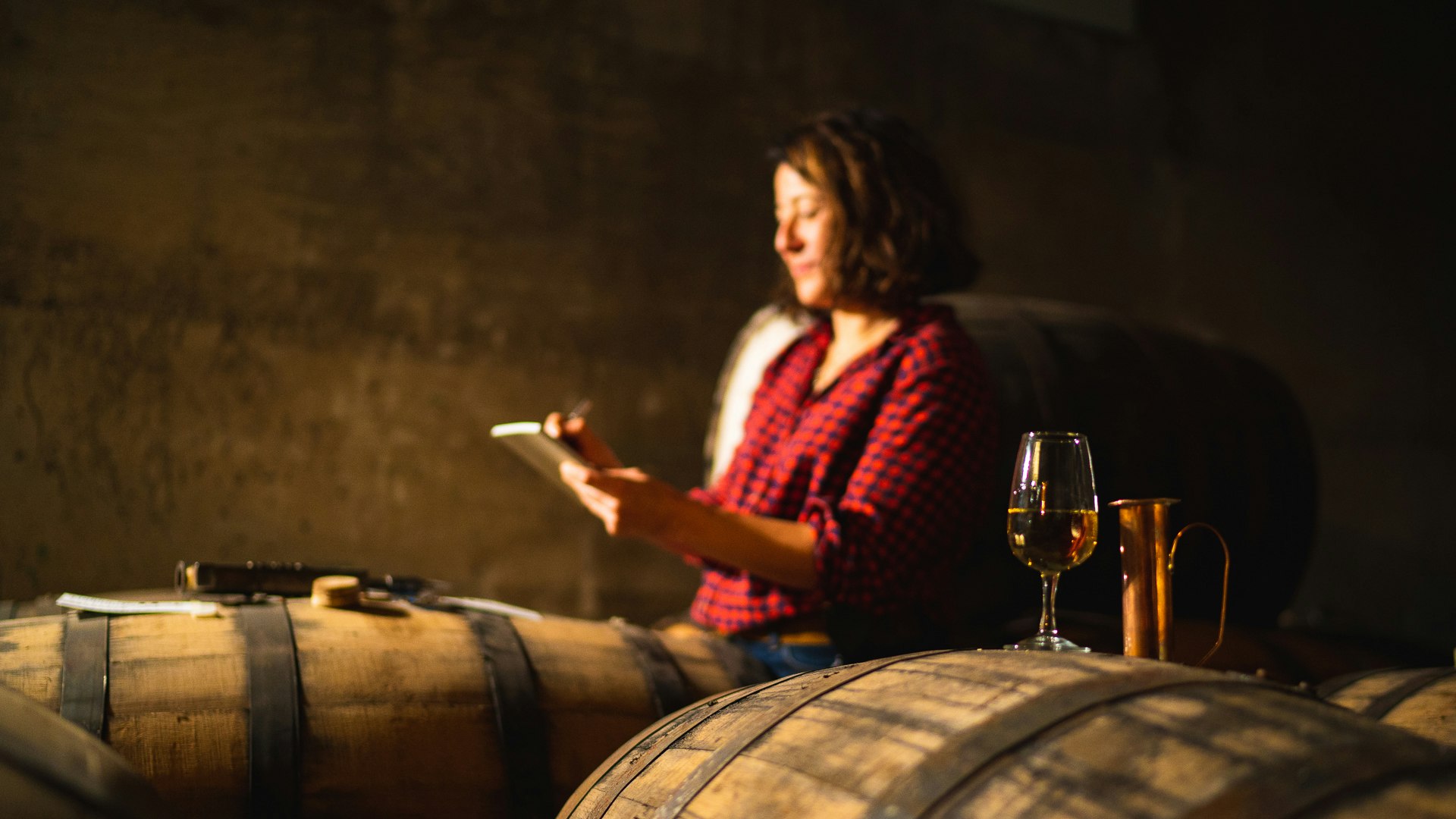
On April 16th, an important milestone was reached in the world of Quebec spirits: Acerum from Quebec officially became the first spirit to obtain a Protected Geographical Indication (PGI) in Canadian history. This recognition not only highlights the unique quality of this alcohol distilled from fermented maple sap but also affirms the importance of protecting local terroirs and know-how in a global market that is often standardized.
In the world of spirits, some names keep coming up — whiskey, gin, rum, vodka. Sure, these are tried and true. But by repeating the same classics, we forget the infinite richness of spirits deeply tied to cultures, climates, and traditions we know too little about. Behind every region, every culture, there is a spirit profoundly rooted in its territory — often little known, sometimes threatened.
Today, as enthusiasts seek to consume with more awareness and curiosity, many lesser-known spirits are resurfacing. Through them, voices, expertise, and entire territories can finally be heard.
Spirits Rooted in Their Culture
Sotol — Northern Mexico
Often confused with mezcal, sotol is distilled from the Dasylirion plant, a desert succulent. It is distinguished by its herbal, almost mineral notes. Far from the large tequila productions, it reflects the aridity and resilience of its native terroir — the states of Chihuahua, Coahuila, and Durango.
Lao Khao — Thailand
A white rice spirit distilled artisanally in rural Thailand, lao khao is omnipresent in daily rituals, from village festivals to religious offerings. Often considered a rural and humble product, it nevertheless represents a strong form of local identity, shaped by the country’s agricultural traditions.
Singani — Bolivia
Distilled exclusively from Muscat of Alexandria grapes grown at high altitudes (above 1600 meters), singani is protected by a denomination of origin (Denominación de Origen). It is central to Bolivian culture and is currently the focus of a campaign for international PGI recognition. Light, floral, and with great aromatic purity, it represents an important part of Andean identity.
Shochu — Japan (GI Shochu Amami, Iki, etc.)
Often confused with sake, shochu is a distilled spirit made from sweet potato, rice, barley, or buckwheat. Some regions benefit from geographical indications (such as Amami or Iki), recognized by the Japanese government. Each terroir produces a very different style, and ancient fermentation methods are proudly preserved.
Acerum — Quebec
Distilled from 100% Quebec maple sap, Acerum offers a bold and unique expression of Quebec’s most emblematic terroir resource. As the first Canadian spirit to benefit from a Protected Geographical Indication (PGI), it combines maple syrup tradition and innovation spirit. Its production, exclusively based on maple syrup and governed by a strict specification, excludes any additions after distillation—except water—to preserve the product’s integrity and purity.
PGIs: Protecting More Than a Product
A Protected Geographical Indication (PGI) is not just a label on a bottle. It protects a territory, a culture, and a way of doing things. It guarantees that what you have in your glass is authentic, rooted, and cannot be replicated elsewhere.
Obtaining a PGI, as with Acerum in Quebec, is a rigorous process. It requires proving that the product:
Is made within a clearly defined geographical area,
Uses precise and often traditional production methods,
Has characteristics that clearly distinguish it from other products.
For producers, this involves a strong commitment to respect a strict specification, defining raw materials, distillation methods, aging, and even marketing conditions.
In return, the designation provides:
Legal protection against imitations,
Commercial and cultural valorization,
Official recognition that reassures and builds consumer loyalty.
In a globalized market dominated by big brands, PGIs are essential to preserve diversity, support local artisans, and encourage more responsible consumption.
Rethinking How We Consume
Buying local or discovering a new spirit is much more than a simple gustatory pleasure:
It encourages a circular, human-scale economy;
It protects cultural traditions sometimes at risk of disappearing;
It diversifies the palate with unique, non-standardized profiles;
And often, it is a more responsible gesture for the environment.
Every traditional spirit tells a story. The story of a climate, a plant, a community, a way of life. At FOVE, we deeply believe that products with strong local roots are the ones that deserve to travel — not the other way around.
This is what motivates us to distill Acerum here in Quebec. Not to copy what exists elsewhere, but to create something true, distinct, and sustainable.
Because a truly local spirit is a bridge between yesterday’s traditions and tomorrow’s discoveries.
And you, which spirit from an underrepresented terroir would you like to see better represented behind our bars?

